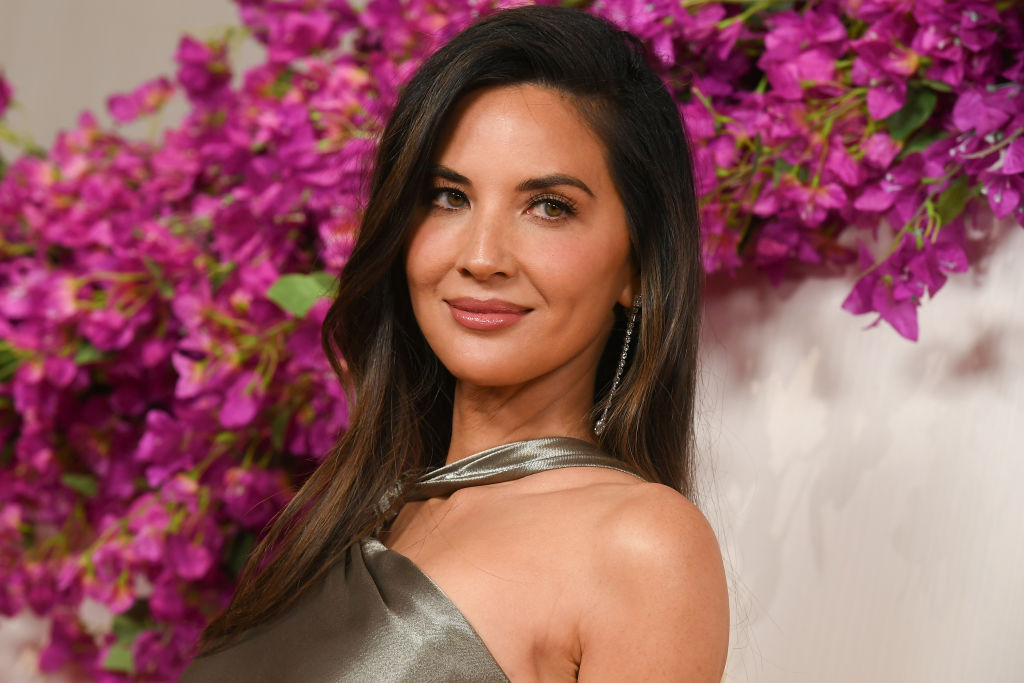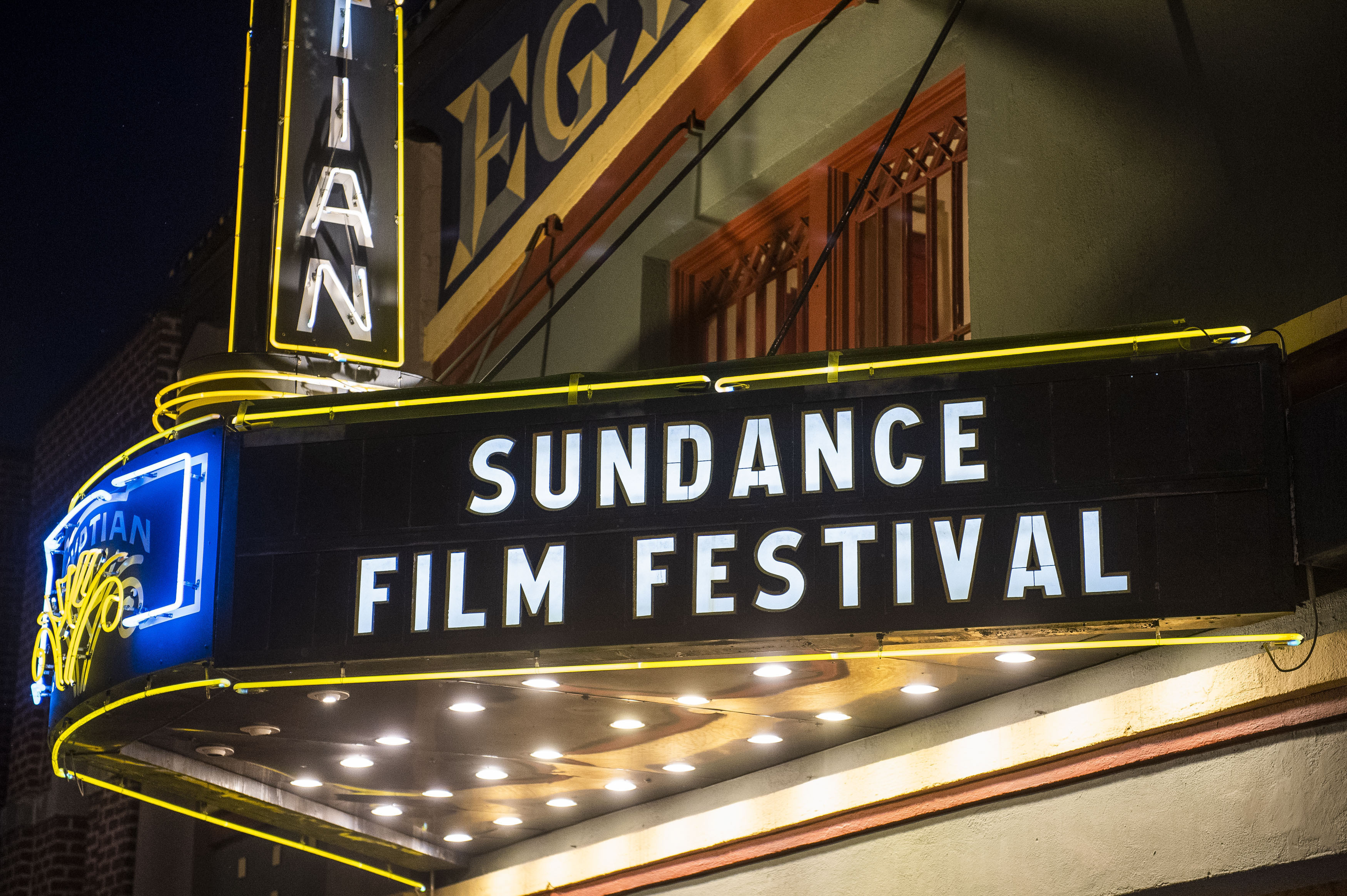Jimmy Fallon offered a "different kind of show" Monday, dedicating the hour-long episode of "The Tonight Show" to addressing a recent blackface controversy and discussing race and racism as protests over the death of George Floyd continue across the country.
Last week, a video of Fallon in blackface resurfaced on the internet, inciting the hashtag #JimmyFallonIsOverParty on Twitter. The video was from a "Saturday Night Live" skit in 2000 in which Fallon played black comedian Chris Rock.
Fallon began Monday night's show with an emotional apology.
"I had to really examine myself, really examine myself in the mirror this week," Fallon said. "Because a story came out about me on 'SNL' doing an impression of Chris Rock in blackface, and I was horrified. Not of the fact that people were trying to cancel me or cancel the show, which is scary enough. But the thing that haunts me the most was how do I say, 'I love this person. I respect this guy more than I respect most humans. I am not a racist. I don't feel this way.'"
Fallon said he was advised to not address the controversy, and didn't do so initially out of fear that he'd say the wrong thing. He later apologized in a statement posted on his Twitter account last week, but used his return to the screen following a previously scheduled hiatus of the late-night show to double down on his apology.
"I thought about it, and I realized that I can't not say, 'I'm horrified, and I'm sorry. And I'm embarrassed,'" Fallon said with tears in his eyes.
He said once he broke his own silence, he began to talk with experts.
Entertainment News
"And I realized that the silence is the biggest crime that white guys like me, and the rest of us, are doing -- staying silent. We need to say something. We need to keep saying something."
The blackface controversy came amid weeks of race issues in the United States -- Ahmaud Arbery, a black man, was shot and killed while running in a neighborhood in Georgia; Breonna Taylor, a black woman, was shot and killed by police in her Louisville, Kentucky, home; Christian Cooper, a black man, was threatened by a white woman in New York City's Central Park after he asked her to put her dog on a leash; and George Floyd, a black man, died after a white Minneapolis police officer kneeled on his neck.
"Seeing as what's going on in our country, I'm not going to have a normal show tonight," Fallon said. "I'm going to have a different kind of show."
To address his own controversy and the nationwide protests, Fallon had a host of leaders on his show to discuss race and racism in the U.S., and how every American can help.
"Let's start talking to some people about this, and try to get proactive and activated in this love, in this change cycle," Fallon said. "So let's figure out how we're going to get along with each other. Let's figure out how we're going to stop this senseless violence that erupts and disrupts the entire country, and now the world."
Fallon's first guest, NAACP President Derrick Johnson, said that in his opinion the last 70 days have been the worst in the United States' history since the Civil War. From the coronavirus pandemic that went unaddressed by the federal government for too long and disproportionately affected black communities to the aggressive policing of people of color to the ensuing protests to the economic collapse from the pandemic, he says it's been "rough."
But, there's still hope that something good can come out of the unrest.
"We have to address the structural racism, the systemic issues that have plagued this country for far too long," Johnson said. "And we must do it together. It's not just the burden of African American, it's the burden of all Americans. This is an opportunity to do better so we can be better."
However, usually after moments of great outpouring, like this week's protests, people return to their everyday lives. The key to keeping this movement alive is to keep the conversations alive and to "celebrate" and "appreciate" uniqueness, Johnson said.
Johnson also emphasized the importance of having conversations about race with everyone, not just those who are a different race than yourself.
"Racism is a learned behavior. For us to unlearn a behavior, we have to be honest about it and create spaces where we can talk about it. But most importantly, be the example we want to see."
Teacher and diversity trainer Jane Elliott also appeared on "The Tonight Show" Monday. She's led an exercise, referred to as the "Blue Eyes/Brown Eyes Exercise," in which people are separated based on the color of their eyes. They're then told that those with one color are superior to those with another color.
According to Elliott, the arbitrary distinctions between those with different colored eyes shows that "we, in education, support the myth of one race and the myth of rightness of whiteness."
She began using the exercise the day after Martin Luther King Jr. was shot and killed. Elliott was a third grade teacher at the time, and she needed a way to explain to the kids what happened.
"I decided that not only was I going to teach my students the Indian prayer the next day. 'Oh great spirit, keep me from ever judging a man until I've walked a mile in his moccasins.' I was going to arrange to have it answered for them. I was going to allow some of my students to walk in the shoes of a child of color for a day."
After she began using the exercise in her classroom, Elliott says she lost all of her friends. Her parents lost their business. Her children were spit on and verbally abused by teachers and other parents.
But she maintains that educating yourself on race issues is important.
"There's only one race on the face of the earth: the human race. We are all members of the same race."
CNN's Don Lemon joined Fallon to about what it's like reporting on the protests.
"It's been tough to go on and not be emotional. But, I lead from the heart. I'm very candid... I don't always say the right things, but I always say what I'm feeling in the moment," he said.
Although Lemon has covered various protests as a journalist, he says this moment is different than all others.
"We're at a precipice right now. We're at a moment where people need to understand that if you believe in law and order, then you need to believe in equal treatment by the law."
Lemon challenged people to not just have open dialogue, but to examine their social circles. If they're not very diverse, look for ways to meet new people.
"People should just be honest because this is the America that we all created, and we can all change it if we really want to," he said.
"The biggest thing is: take some action."



